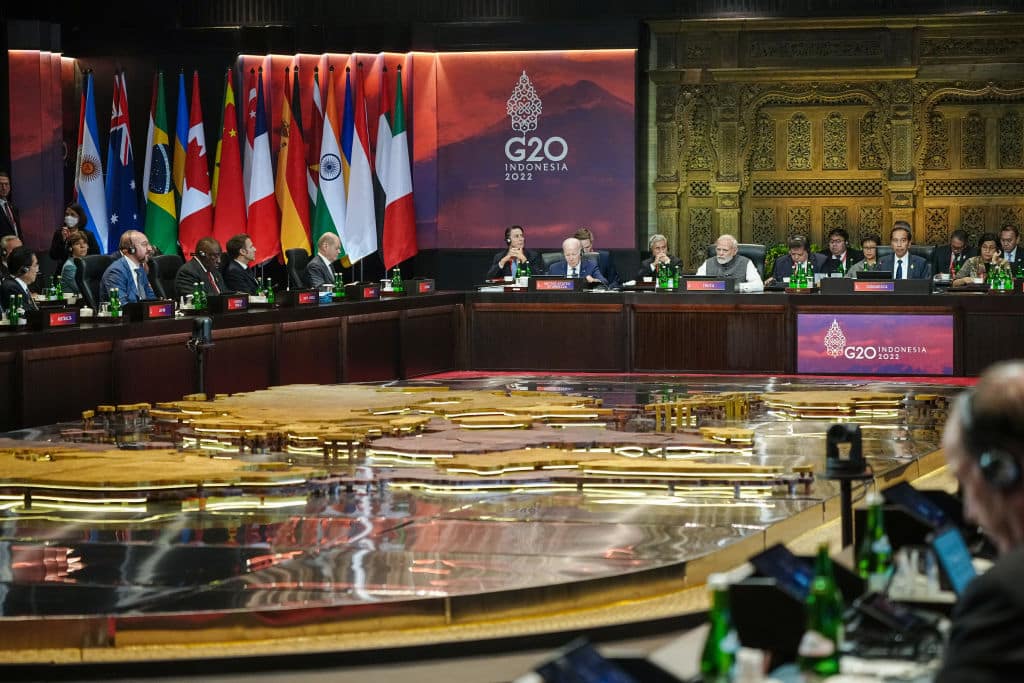In a historic stride, the AU attains full membership in the G20 intergovernmental forum, a development announced at the G20 Summit in New Delhi, giving the Global South more voice and unity.
In a seminal move for global economic and diplomatic progress, the African Union (AU) has officially been admitted to the G20 intergovernmental forum as a full member, announced this weekend at the 18th G20 Summit, held at the Bharat Mandapam Convention Centre in New Delhi, India.
The AU’s admission comes after historical calls for greater inclusion of the continent, now providing it with equivalent status within the G20 as the European Union, and is expected to provide more compelling representation for Africa on global matters of interest.
The proposal for the AU’s full membership came in part at the hands of Indian Prime Minister Narendra Modi’s broader effort to increase representation on major global challenges by the Global South, reflected in his remarks on the opening of this weekend’s summit: “India’s G20 presidency has become a symbol of inclusion, both within the country and beyond… It was in the spirit of ‘Sabka Saath’ that India proposed permanent membership for the African Union in the G20. I believe that we all agree on this proposal.”
The Chairperson of the AU Commission Moussa Faki Mahamat welcomed the admission of the AU in a message posted on X, a sentiment reflected by the leaders of many African leaders. “This membership, for which we have long been advocating, will provide a propitious framework for amplifying advocacy in favour of the continent…”
The G20 represents some of the largest countries and economies in the world, providing a platform of common purpose and collaboration on many global issues, including financial markets, trade regulations, and of ever-increasing importance – climate change.
The addition of the AU allows for representation for its 55 member states and their collective population of over a billion to play a more direct role in the decisions made by the G20 bloc. As a member, this also means that an AU member state will be able to chair the summit as this occurs on a rotational basis.
South Africa will assume the G20 Presidency in 2025.
In focus at this year’s summit hosted by India was the need for G20 member nations to increase collaboration and efforts to reduce the impact of climate change, prescient as these are increasingly being felt worldwide, particularly by those most vulnerable, many of which are part of the AU.
South African President Cyril Ramaphosa in his own celebration of the AU’s membership, made it clear in a statement this morning that “the achievement of the Sustainable Development Goals (SDGs) must remain at the centre of international financing discussions to ensure that finance is mobilised in sufficient quantities and of suitable quality to support development in low- and middle-income countries.”
The ability of the African continent to have a voice in shaping climate and fiscal policy of the bloc in the future is likely to have resounding benefits, with negotiations more likely to bring economic, diplomatic and climate-related advantages to AU members moving forward.
